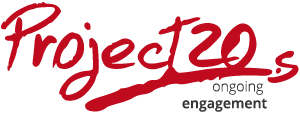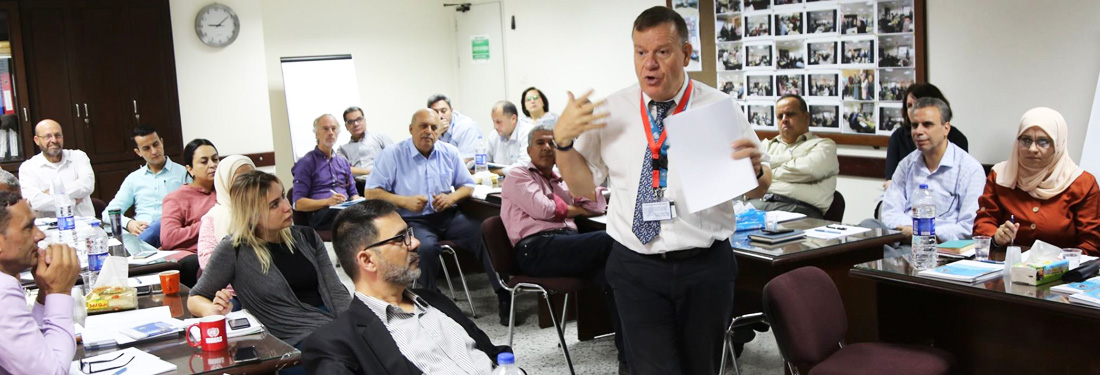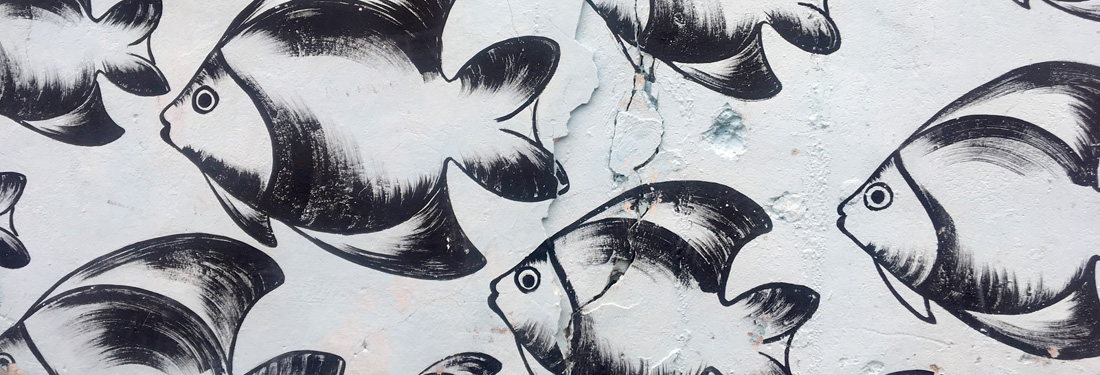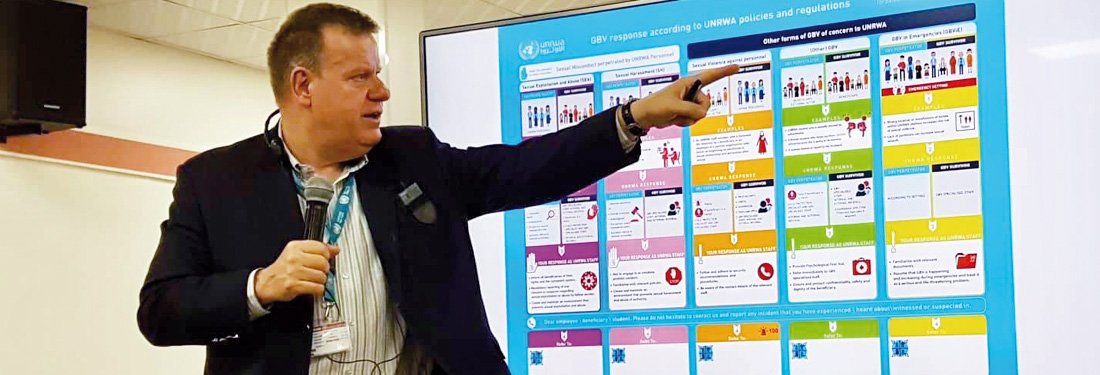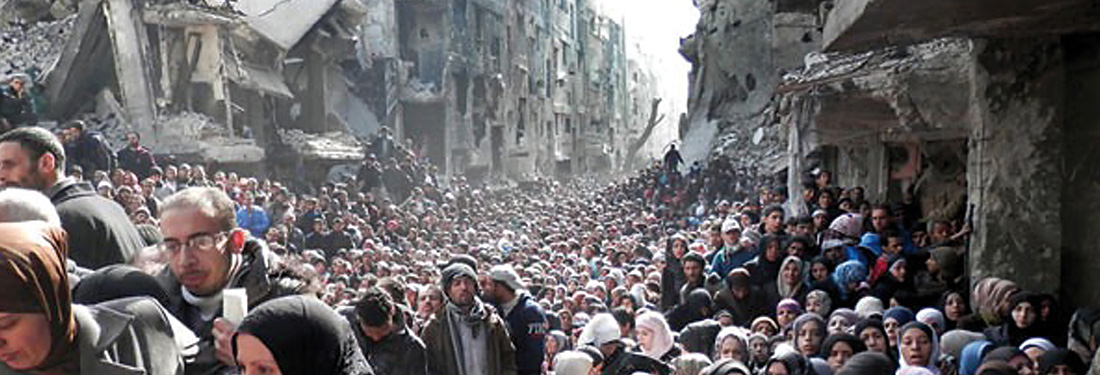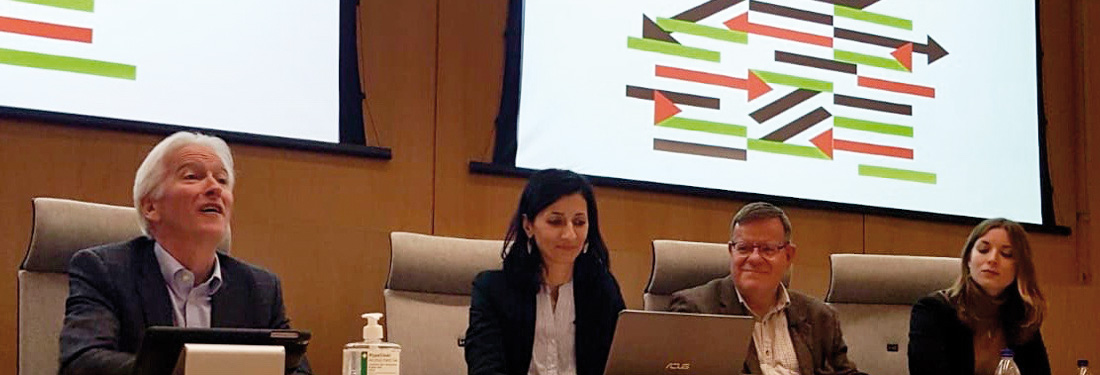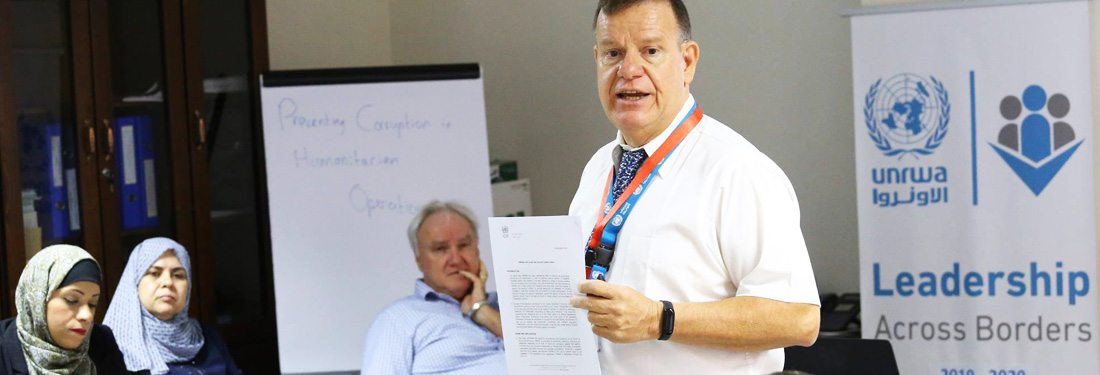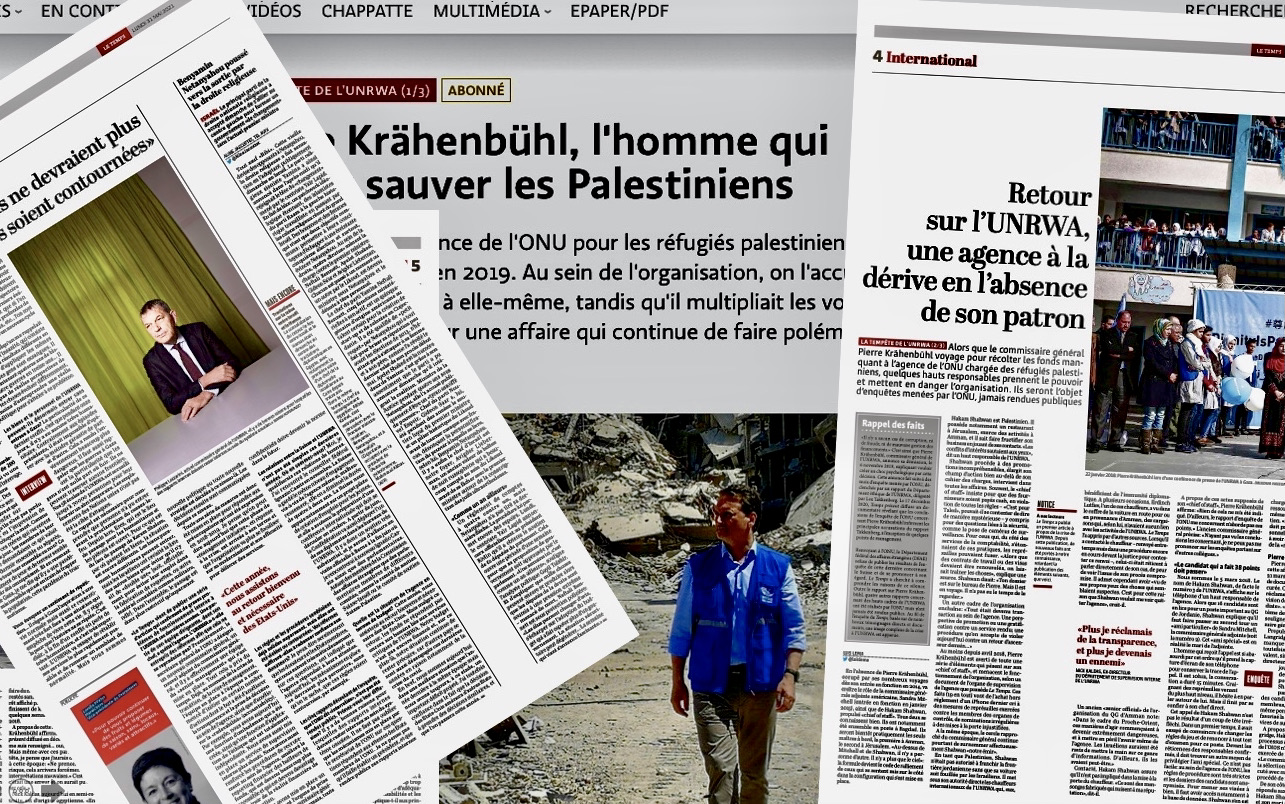
In an earlier blogpost, I reacted to media alleagtions that in my former capacity as the Chief of UNRWA's Ethics Office, I had reported a number of serious allegation against Pierre Krähenbühl, former Commissioner-General of UNRWA, and other members of his inner circle that “manifestly failed [to] survive scrutiny” by the internal misconduct investigation carried out by the UN Office of Internal Oversight Services (OIOS). Krähenbühl himself asserted that the report cleared him of “98%” of the accusations that prompted the investigation. Whilst the relevant OIOS reports remain classified in accordance with established UN policy, I pointed to evidence in the public domain that reveals a bleaker picture, involving a hostile work environment and abuse of power at the very top of the agency.
A recent inquiry by Swiss investigative journalist, Luis Lema, for the Swiss daily Le Temps, involving interviews with some 15 senior UNRWA staff, as well as from diplomats and officials from donor countries, confirmed much of what was in my report to the UN Secretary-General: the workings of an inner circle where there was “a concentration of power, favoritism, and irregular decision-making.” Unlike the media reports by Swiss television and Orient-XXI, Mr. Lema’s inquiry not only focuses on Mr. Krähenbühl’s role, but also sheds new light on abuses by his Deputy, his Chief of Staff and his Special Adviser, for which the former Commissioner-General was ultimately accountable as well.
Lema’s findings are contained in two extensive articles published in May 2021, the original French versions of which can be accessed here and here followed by a third article based on an interview with Philippe Lazzarini, the current Commissioner-General of UNRWA, published in May 2021 as well. Informal English translations of the three articles can be accessed here, here and here.
